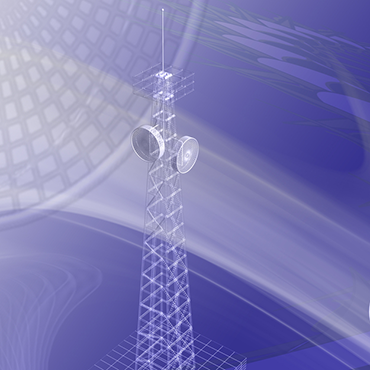Bid protest continues to stall FirstNet award

The First Responder Network Authority is preparing to announce the award for its nationwide broadband public safety network, once it settles an ongoing bid protest.

The First Responder Network Authority is preparing to announce the contract award for its nationwide broadband public safety network, and it is making headway towards standing up its core network.
At a March 1 AFCEA DC event, FirstNet President TJ Kennedy said that before the authority can officially award the $6.5 billion contract and move forward with its plans, it must first complete the ongoing protest process that forced FirstNet to miss its initial Nov. 1, 2016, contract award deadline.
Once the protest is settled and the award is announced, Kennedy said that FirstNet will address "two major" objectives in 2017, the first year significant spending will begin in earnest.
The $6.5 billion in government funding is essentially seed money. The contractor team that wins the award will also have a swath of prime wireless spectrum for the network, and revenue from leasing that spectrum on the open market will generate funds for FirstNet and, it is hoped, a healthy profit for the contractor. Estimates for the cost of building the entire nationwide network have ranged from $12 billion to $47 billion.
The effort is a priority for the Trump administration's Department of Commerce. Newly confirmed Commerce Secretary Wilbur Ross listed "getting FirstNet universally accepted" as one of his leading goals in a speech to Commerce employees March 1.
Ross said President Donald Trump "has given us more responsibility at the department than ever before," adding that "if we perform well… I have no doubt our scope will continue to expand."
Current and former first responders from all over have been "very involved" in developing plans to make sure FirstNet considers urban and rural areas of all sizes, populations and climates.
"We've got folks in outreach and consultation teams across every state … typically from public safety" to make sure areas' specific needs are met, said Kennedy, adding that these teams will continue to meet as states and territories review FirstNet's initial plans.
States have the right to opt out of FirstNet coverage, and Kennedy said he expects those "key governor decisions" to be made "six months or so" after the award.
From there, Kennedy said, "we also plan to stand up the core network" that will support communications nationwide, adding that FirstNet's team is "fully staffed up and ready to operate."
Kennedy said FirstNet is also working with private industry to work out ways to include current state-of-the-art technology -- including biometrics, voice recognition and weather resistant devices -- and "to push for the innovation of things we can't even imagine today" to make sure the network fits the needs of first responders and is sustainable years down the road.
Kennedy acknowledged that "a deployment like this" has "not been done quite this way before," but added he is confident the complex network "will certainly meet the needs of public safety going forward.
"It's going to be here tomorrow, it's going to be here 10 years from now, it's going to be here 25 years from now," he said.


